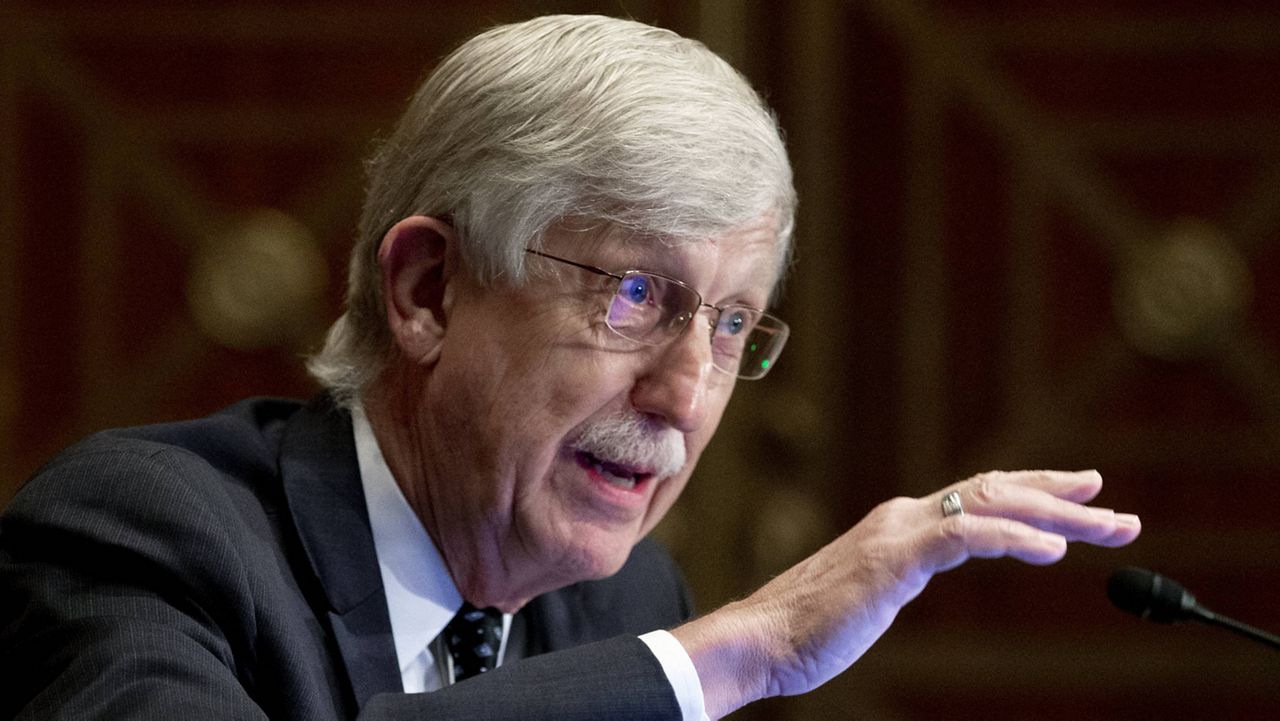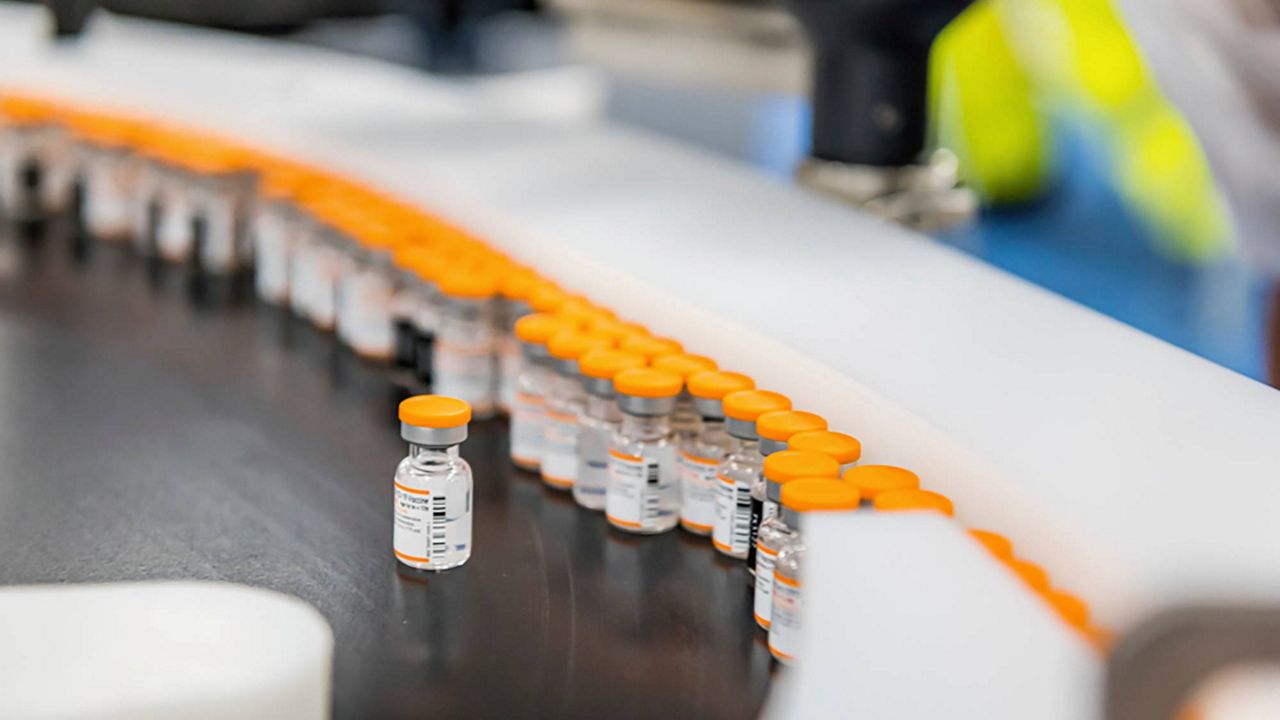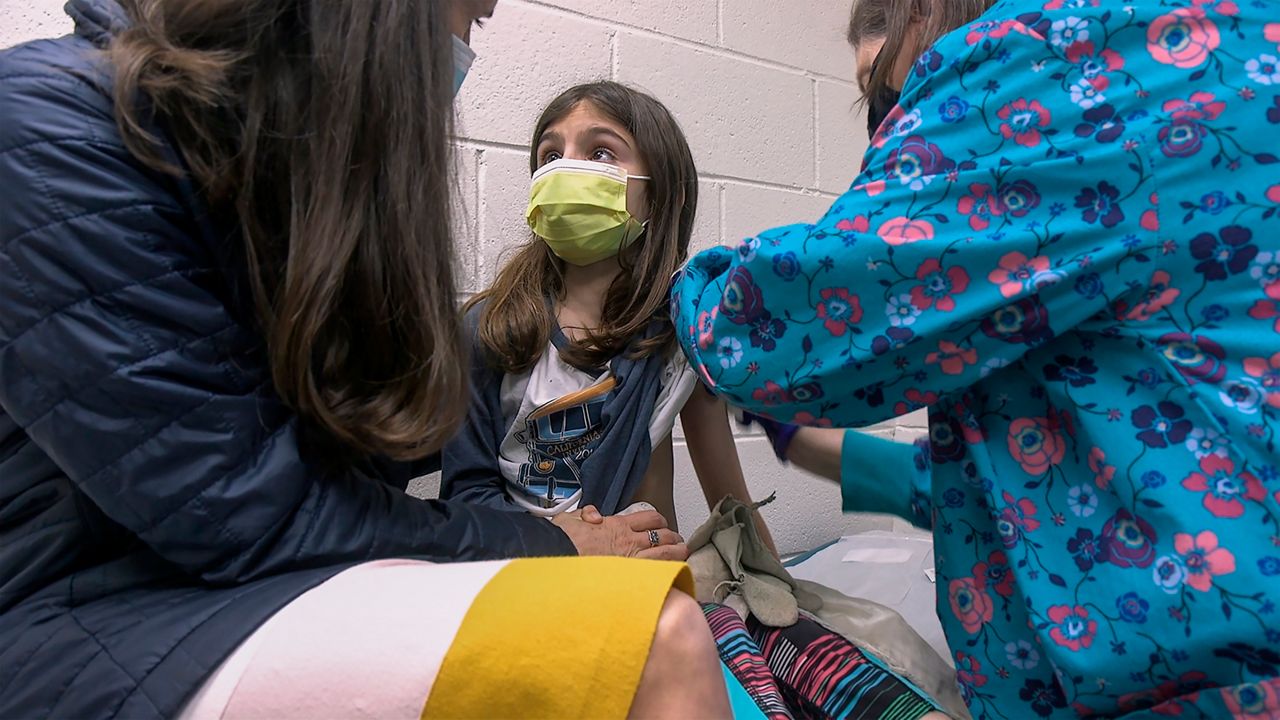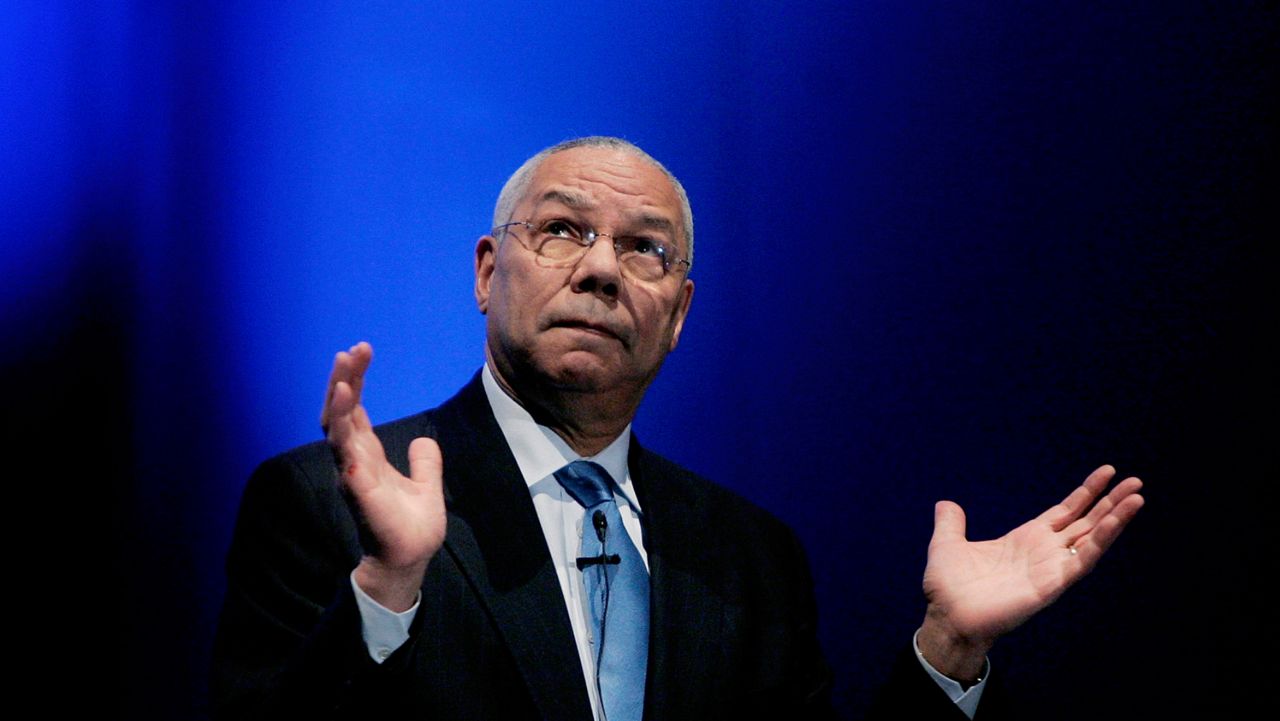WASHINGTON (AP) — The director of the National Institutes of Health, Dr. Francis S. Collins, says he is stepping down by the end of the year, having led the research center for 12 years and become a prominent source of public information during the coronavirus pandemic.
What You Need To Know
- The director of the National Institutes of Health, Dr. Francis S. Collins, says he's stepping down by the end of the year
- Collins has led the research center for 12 years and has become a familiar face in the news media during the coronavirus pandemic
- The 71-year-old physician-geneticist tells The Washington Post an institution like the NIH benefits from new vision and leadership
- President Barack Obama selected Collins as director in 2009, and Presidents Donald Trump and Joe Biden asked him to remain in the job
“There comes a time where an institution like NIH really benefits from new vision, new leadership,” Collins, 71, said in an interview with The Washington Post. “This was the right timing.”
A formal announcement was expected Tuesday from the NIH. The Post and Politico reported Collins' plans Monday night.
Based in Bethesda, Maryland, and a part of the Department of Health and Human Services, the NIH is the nation’s medical research agency and operates more than two dozen institutes and centers. It lays claim to being the largest supporter of biomedical research in the world.
Collins was appointed director in 2009 by President Barack Obama and was asked to remain in that post by Presidents Donald Trump and Joe Biden. He is the only presidentially appointed NIH director to serve under multiple administrations.
In the interview with the Post, Collins said he had decided not to stay too long into the Biden administration and was confident that the NIH's role in developing therapeutics, tests and vaccines for the coronavirus had reached “a pretty stable place.”
Collins served as director of NIH's National Human Genome Research Institute from 1993-2008 and led the international Human Genome Project, which in 2003 completed a finished sequence of the human DNA instruction book.








